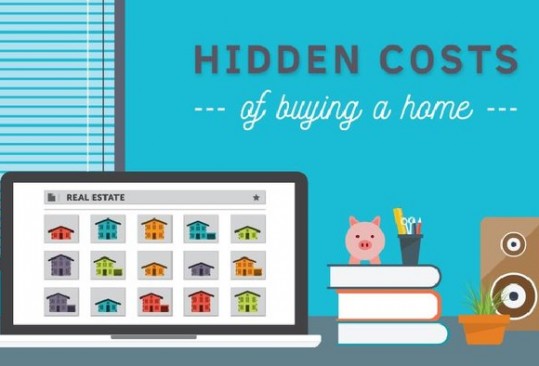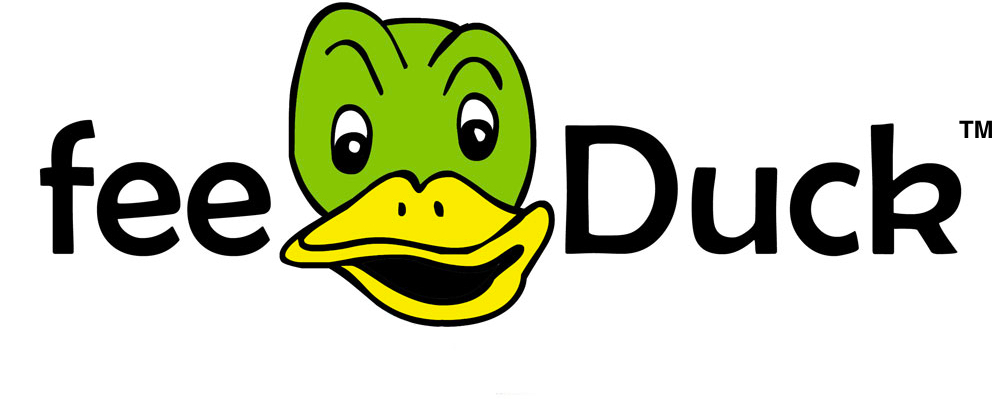What Additional Costs are There When Buying a House?

The biggest surprise for me when I bought my first home was the closing costs. After I spent $500 on a home inspection, I thought the worst was over. Wrong. Real estate lawyer fees, municipal and provincial land transfer taxes—the list went on and the expenses added up. Before I knew it, I had spent a few thousand dollars in closing costs. Luckily for me, my mortgage broker recommended that I hold back some money from the down payment for what he called the “hidden costs of real estate.” I was almost blindsided by closing costs, but fortunately I had the cash on hand to cover them. I’ve spoken with many first-time homebuyers and it seems that my experience is not unique.
Let’s took a look at three of the common additional costs when buying a home.
Home Inspection
I strongly encourage you to get a home inspection done. It’s money well spent. Though no home inspection can find everything, a good one gives you the peace of mind that you’ve done what you can to avoid buying a money pit.
A good home inspector will examine every nook and cranny of a home to look for any issues, big or small. Faulty wiring, structural issues and landscaping problems can end up costing you thousands of dollars. A home inspection is a good time to start budgeting for maintenance and repair costs. Your inspector will, when possible (weather may be a factor), point out how the roof is holding up or if the furnace is on its last legs. The inspection can even be used as a bargaining chip when negotiating with sellers. If you find a major unexpected issue like an underground oil tank or lead paint, there’s nothing stopping you from asking for a reduction in the purchase price. The seller may be willing to knock a few hundred or thousand dollars off so that you don’t walk away from the deal.
The Real Estate Lawyer
Your lawyer is the unsung hero in the home-buying process, doing all the hard work that goes on behind the scenes. The lawyer will review your offer and the status certificate (if you’re buying a condo), ensure the home’s title is clear from defects and liens, purchase title insurance, register the home in your name, prepare the statement of adjustments, calculate the land transfer taxes, prepare the mortgage paperwork and, finally, give you the keys to your new home. Lawyers don’t come cheap but are worth every penny.
Land Transfer Tax
Many provinces impose a land transfer tax on home purchases, typically a percentage of the home’s purchase price, though some provinces have flat fees. Depending on where you’re buying, land transfer tax may be your most expensive closing cost.
To help keep real estate affordable for “property virgins,” many provinces offer rebates for first-time homebuyers. In Toronto, homebuyers are hit with a double whammy of land transfer taxes: a provincial tax and a municipal tax (although you do get a rebate off of both as a first-time homebuyer).
Not sure how much to put aside for closing costs? A good rule of thumb is to set 1.5% to 4% of your home’s purchase price aside to cover closing costs. So, if you’re buying a $500K home, you’d put aside up to $20,000 for closing costs.
Written by Sean Cooper
Sean Cooper is the bestselling author of the book, Burn Your Mortgage: The Simple, Powerful Path to Financial Freedom for Canadians. He bought his first house when he was only 27 in Toronto and paid off his mortgage in just 3 years by age 30. Sean’s helping others burn their mortgage, too, as an independent mortgage broker. For an unbiased second opinion on your mortgage, email SeanCooperWriter@gmail.com or call 647-867-3711.

